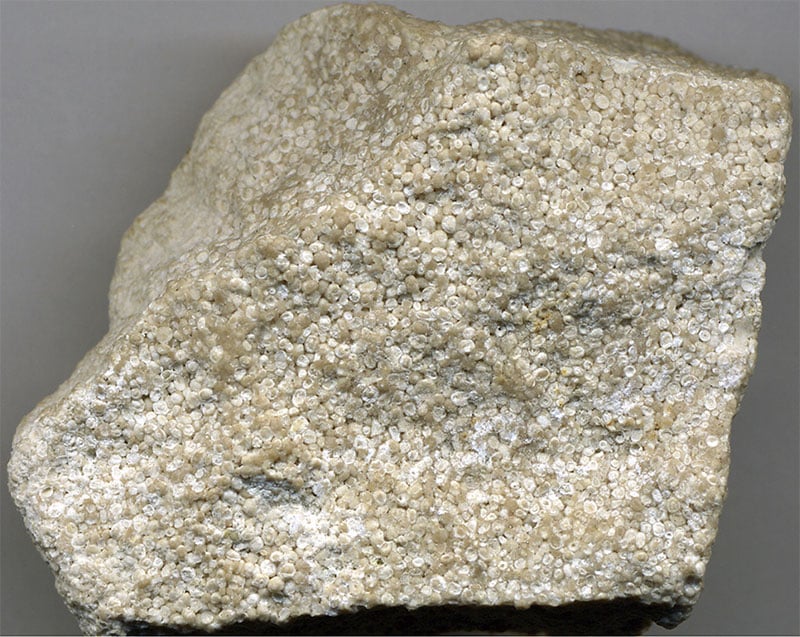When you think of tiny minions, you probably think about movies or ants, but how about bacteria? Carbon dioxide (CO2) is of course one of biggest challenges to the climate today. Humans create millions of tons per year and natural processes far more. Plants and natural processes sequester almost all of it into more plants or into calcium carbonate rock (limestone), but the rest still builds up in the atmosphere.
Scientists at the South Dakota School of Mines and Technology have isolated an enzyme produced by a bacteria that lives deep underground that accelerates the process of converting CO2 into rock. The goal is to pump tons of CO2 into deep reservoirs (left over from gas extraction or old deep mineral mines) and then use this bacteria to fill in the cavity with rock. What normally would take 7 to 10 years, this bacteria can do in to 10 days. This allows for permanent sequestration without fear of leakage of collapse of chambers and rock can hold a far higher density of carbon than pressurized CO2. This could be a real answer for making carbon capture economical and realistic. – Steve Terry, DTC HVAC & Refrigeration Instructor
Mechanical PE Exam Prep That Works
Pay Up Front and Save $100!
Test Drive Your Course for Only $50!
Pay-As-You-Go and Start for Only $50!
Don’t miss out on the latest posts (and more)! Follow DTC on:




